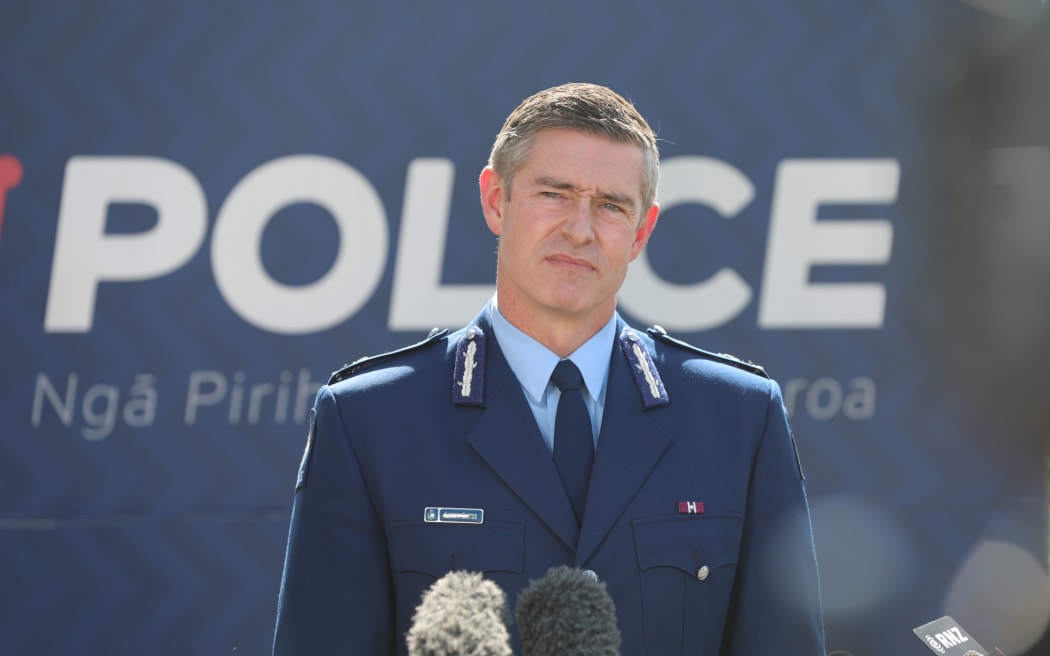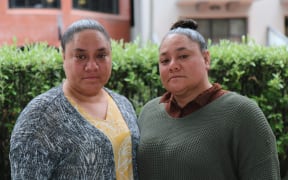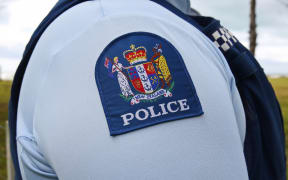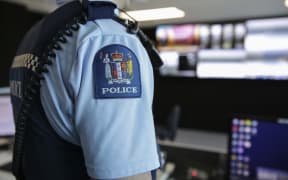Police accepted some but not all the findings from an independent inquiry that found systemic problems and some illegal practices in how they take, store and handle peoples' images and information.
The investigation by the Privacy Commission and the Independent Police Conduct Authority found police were routinely and illegally taking photos and film of children and adults.
It also highlighted systemic problems with how police were capturing, storing and using private biometric information about people.
In response to the report, earlier today Police Commissioner Andrew Coster said they accepted the findings about photos taken of rangatahi.
But he said while police acknowledged the wider findings from the inquiry, they presented a challenge to police carrying out their duties.
"We will take some time to consider the broader findings, which have implications for police's ability to effectively investigate and prevent crime," Coster said.
"As an organisation we are committed to ensuring New Zealanders can have trust and confidence in the way personal information is obtained and managed.
"However, some of the findings and recommendations present significant challenges to our staff being able to carry out their duties successfully."
In a news conference this afternoon, Coster said photographs were a core part of their processes and they have to be able to take them in some situations.
"I want police to be able do its job to keep the community safe and I want us to be able to do that in a way that respects privacy principles. It's not one way or the other - there has to be a balance."
Coster admitted the way that information about people was stored did need work, but said taking photos was necessary for police work.
"Balancing investigation requirements with the public's right to privacy" was a key concern for police staff, he said.
"Intelligence gathering - including the taking of photographs and voluntary fingerprints - enables police to carry out its core functions as set out by the Policing Act 2008, particularly the prevention and investigation of crime.
"We accept that aspects of our intelligence gathering policy require refinement, particularly in relation to retention and disposal of information that is no longer needed for the purposes of investigation."
However, he was confident systems already used for fingerprint data storage were robust.
Processes like voluntary fingerprints enabled them to achieve "resolutions" and ability to understand offending groups, he said.
While the report did not cover bias, a "programme of work" being overseen by an independent panel would examine fairness and equity in policing, Coster said, adding that he expected there would be more to come from that.
"We're working very closely with Māori communities and we enjoy close relationships right across the country with iwi. But we need to work really hard to make sure our policing is fair and equitable for all people and that's why we have work underway looking at that.
"We interact with people in a whole range of circumstances. The reasons for those interactions are many and varied, it can be family violence, it can be youth offending, it can be gangs, it can be a mental health episode.
"Some of that is beyond police's control, some of it is down to our deployment and those are the things we need to look at carefully and make sure that that is fair and equitable."

Police Commissioner Andrew Coster speaks to media in Auckland regarding the joint IPCA and OPC report. Photo: RNZ / Nick Monro
Some changes already under way
Coster said after a compliance notice was issued to police about officers taking photos of young people, in December 2021 by the Office of the Privacy Commissioner, police had begun to make changes.
He said police were in compliance with the notice issued by the privacy commissioner and "that was quite constraining on our activity, we need to examine the report now that we have in its fullness and work out what the next steps are."
But even before the compliance order was given, officers were given clear directions after the issue came to light in media, Coster said.
He also said a training programme had been started, aimed "to increase awareness of the need to appropriately manage images once they have served their investigative or prevention purpose".
While some improvements from the report could be carried out now, there were still some areas that police would have to "drill into a bit further to understand the implications", he said.
"There's a real risk that the implications of this is that we will struggle prevent some crime and to investigate crime and we need to get the balance right."
He estimated thousands of photographs, believed to have been taken unlawfully, had been deleted.
"We have to get our system set up in a way where any photograph that's taken is coming into a standard method of management that's not in place yet, that will take us some time [to set up]."





